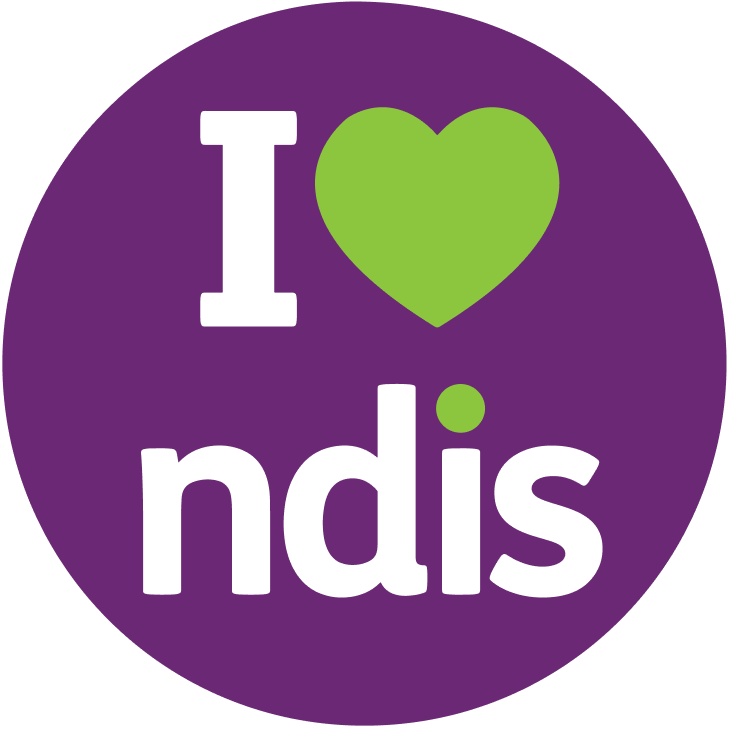How to collaborate with Allied Health Professionals

How can allied health assistants effectively collaborate with and support allied health professionals. What are the best practices for teamwork?
- When it comes to teamwork, there are a few best practices that can help ensure success. First and foremost, communication is key. AHP and AHAs should be open and transparent with one another, sharing their thoughts and ideas freely and listening actively to others (e.g. be honest about your experience and if you don’t feel comfortable with certain activities). It’s also important to establish clear goals and expectations from the outset (e.g. communicate with your AHP if you do not understand the client’s goals) so everyone is on the same page and working towards the same objectives.
- It is important to maintain consistent and regular communication with your AHP. After your session with the client, make sure you send the AHP and client’s family a copy of the notes. Do to this, download the notes as a PDF and attach them to an email.
By following these best practices and embodying these qualities, individuals can help ensure that they are contributing positively to their team and working towards the best possible outcomes.
How to send emails professionally:
- Use a professional email address: Avoid using personal email addresses or email addresses that are too casual.
- Use a clear and concise subject line: Your subject line should accurately reflect the content of your email. Avoid using vague or misleading subject lines.
- Use a professional greeting: Start your email with a professional greeting such as “Dear [Recipient’s Name]” or “Hello [Recipient’s Name]”
- Use proper grammar and spelling: It is important to use correct grammar and spelling in your emails. Use complete sentences and avoid using slang or abbreviations.
- Keep your email concise: Keep your email short and to the point. Avoid rambling or including unnecessary information.
- Use a professional closing: End your email with a professional closing such as “Sincerely” or “Kind regards”, followed by your ‘signature’.
- Signature The signature is where you sign off to end the email. Use a polite salutation, with your full name and job title. Most email programs allow you to set a fixed signature, so you don’t have to write it out every time. For example:
Sincerely,
Nicole Cunsolo
Allied Health Assistant
Fora Therapy
Example email:
Dear [Recipient’s Name],
Please see attached a copy of the notes from [Client’s name]’s therapy session today.
Please let me know if you have any questions or concerns.
Kind regards,
Nicole Cunsolo
Allied Health Assistant
Fora Therapy
When to contact your allied health professionals:
Reasons to contact your allied health professional:
- Need support with particular goals or activities
- Need more resources or activity ideas etc.
- Noticing a regression in progress
- Client is going well and need to review goals
- Noticing difficulties with engagement
- If you are no longer able to engage in therapy with the client
- Unable to find a suitable time for AHA sessions
- To arrange for check-ins or joint sessions
- If you have any concerns about the client
How often to contact allied health professionals (AHP):
- Throughout the team meeting process, you and the allied health professional will organise a regular time to meet (e.g. fortnightly, monthly, termly etc.).
- If you need to organise another time to meet with the allied health professional, the preferred method of contact is via email, as it allows your AHP to get back to you more easily and avoid playing “phone tag”.
What information should/shouldn’t be shared with your AHP and client’s family:
When deciding what information to share with clients and clinicians, it is important to consider the following:
- Is the information relevant to the client’s care?
- Will sharing the information benefit the client’s treatment?
- Could sharing the information harm the client’s treatment or privacy?
- Does the client want the information to be shared?
- Is the information necessary for the clinician to provide the best care possible?
It is essential to maintain confidentiality and professionalism when interacting with clients, their AHP and their families. While it is crucial to keep clients’ families and AHP informed about their progress, there are certain things that you should not share. Here are some examples of what you should avoid sharing with a client’s family and AHP after a session:
- Any negative opinions or criticism of the client or their family members. It is not a therapist’s place to pass judgment or make negative comments about clients or their families (e.g. it smells like the client hasn’t showered for days) or negative observations (e.g. the client presented with reduced daily hygiene in the session which mum reported was an ongoing issue).
- Financial or personal information related to the family or client (e.g. mental state of family members, issues within the family etc).
- Information that the client/clients family has not explicitly given permission to share. Before sharing any information about the client, the therapist must ensure that the client has given explicit consent.
Please see below the links to Speech Pathology and Occupational Therapy Code of Ethics for more information about confidentiality:
- https://www.speechpathologyaustralia.org.au/SPAweb/Members/Ethics/HTML/Code_of_Ethics.aspx
- https://otaus.com.au/publicassets/73509493-3865-ed11-9475-005056be13b5/OTA%20Code%20of%20Ethics.pdf
If you are ever uncertain about what information should be shared, contact a Fora team member for support and guidance.
Nicole
Fora's Speech Pathology team





